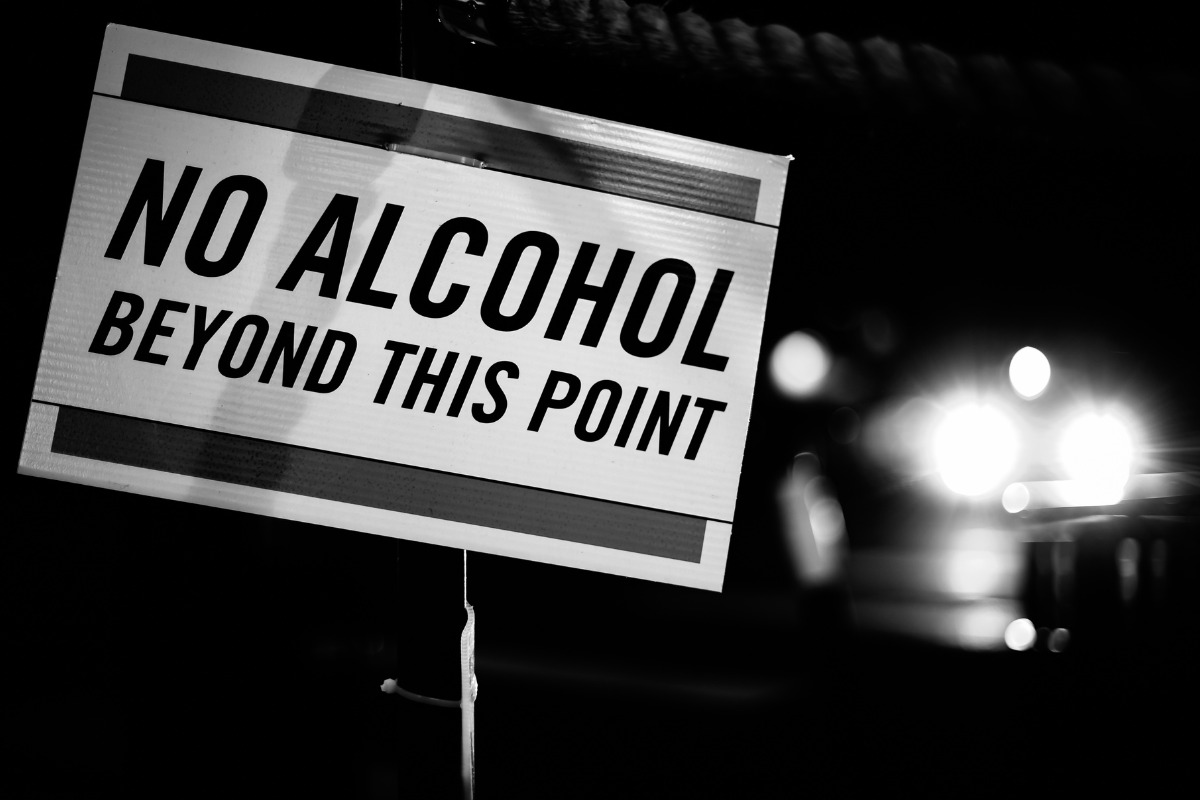
When trying to quit drinking, it’s easy to fall into patterns that could impede your chances of recovery. These mistakes apply to people trying to quit drinking on their own and those already enrolled in a substance use treatment program. Learning about the common mistakes people make could help you avoid relapse and ensure you succeed on the path to abstinence.
Not Removing Alcohol from the House
The first common mistake people make while trying to quit drinking is keeping alcohol in the house. There are dozens of reasons why people rationalize keeping their alcohol on hand, but the simple fact is that keeping alcohol in the house puts you at a much higher risk of relapse.
When trying to quit drinking, it’s exceptionally common for people to experience cravings and withdrawal symptoms. When your liquor cabinet is still full, it’s easy to make a split-second decision that sets you back on the course of drinking.
But the urge to drink can often be fleeting — and simply putting some distance between yourself and alcohol can often provide the time needed to rethink whether you really want to start drinking again.
When you’re committed to sobriety, take steps to remove alcohol from your home. You can give the alcohol to family members or take it out to the trash.
Spending Too Much Time with Drinkers
An old saying in recovery groups speaks to the dangers of spending time with drinkers while trying to reach recovery. “If you spend all of your time in barbershops, eventually, you’ll get a haircut.” If you spend too much time with people who are actively drinking, you consistently tempt yourself to try picking up drinking again.
That’s not to say that you must avoid all activities where alcohol is served or break off relationships with people who still drink. But particularly in early sobriety, you should prioritize spending time with people who are sober or who support your sobriety and choose not to drink around you.
Not Finding New Ways to Spend Your Time
One of the key diagnostic criteria of alcohol use disorder is spending an inordinate amount of time drinking, seeking out alcohol, or recovering from the effects of alcohol.1 When you stop drinking for the first time, you may find that you have abundant free time and few ideas of how to spend it.
Too often, people think that the solution to alcohol use disorder is simply to stop drinking. But from a certain perspective, stopping drinking only subtracts something from your life. You need to add something back in to keep your life happy, full, and rewarding. Otherwise, you are left with idle time, which can lead to thinking about drinking and relapse.
Of course, there’s an endless variety of activities and hobbies that you can start up that help you spend some of that extra time. Just a few examples include:
- Competitive sports
- Exercise
- Reading
- Hiking
- Art
- Journaling
It’s important to find an activity that you truly enjoy and find rewarding in its own right. This can help you battle the urge to drink and offer ways to enjoy your life in sobriety.
Isolating Yourself from Others
When first trying to quit drinking, many people fall into the trap of isolation. Alcohol often acts as a social lubricant, and newfound abstinence can make people feel awkward, shy, or reserved. People often equate quitting drinking with having to completely isolate themselves from people who drink at all.
But finding people who support your recovery can be a crucial step to maintaining it. Social connection is a vital human need, especially when you’re in the midst of a struggle. Friends and family members can be crucial resources in helping you make it through the difficult first phase of sobriety.2
If you don’t have many sober friendships, consider attending a support group for other people who are trying to quit drinking. Examples of such groups include:
- Alcoholics Anonymous
- SMART Recovery
- Life Ring
- Women for Sobriety
- Celebrate Recovery
These spaces offer strategies to help you stay sober and provide vibrant social communities of others who value recovery.
Not Reaching Out for Help
Lastly, not reaching out for help when needed can cause many people to relapse. Quitting drinking can be overwhelmingly difficult, and many people will need professional help to recover. Reaching out to an addiction treatment center can put you in contact with mental health professionals with specialized training in helping people conquer alcohol use disorder and treat any co-occurring mental illness.
Get Help at Silver Sands Recovery Today
If you find yourself struggling to stay sober on your own, Silver Sands Recovery is here to help. From intensive drug and alcohol treatments to 12-Step facilitation, holistic recovery services, and dual-diagnosis treatment, our facility has been designed from the ground up to help people break through early recovery and build lasting lives in sobriety.
Our team can help you avoid the common mistakes people make when trying to quit drinking and provide evidence-based treatments for an alcohol use disorder. Recovery is possible — and Silver Sands Recovery can help.
Sources:
[1] https://psychiatry.org/psychiatrists/practice/dsm
[2] https://www.public-health.uiowa.edu/wp-content/uploads/2015/07/RSA-Extended-Abstract-2022.pdf

